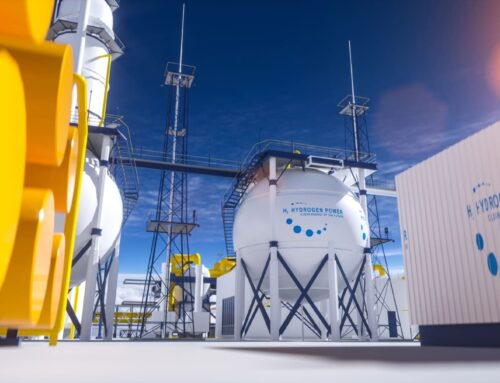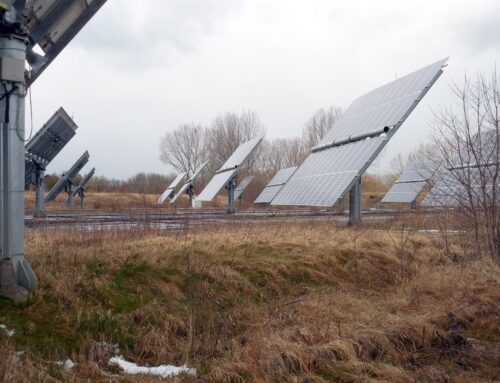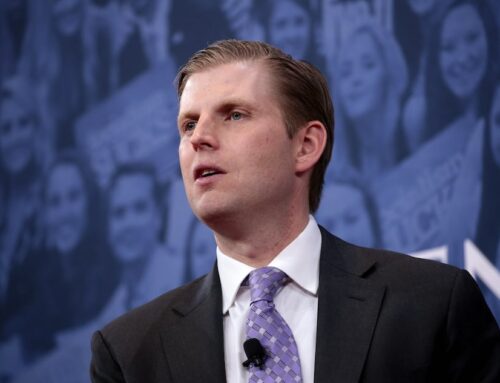Iran, Kenya to foster environmental ties
November 9, 2025
TEHRAN – Iranian and Kenyan officials have announced their readiness to enhance cooperation in different environmental fields.
The head of the Iranian parliament’s environment fraction, Somayeh Rafiei, in a meeting with Kenyan Minister of Environment, Climate Change and Forestry, Deborah Mlongo Barasa, discussed ways to boost interactions in the environment sector.
The officials met on the sidelines of the 37th Meeting of the Parties to the Montreal Protocol on Substances that Deplete the Ozone Layer (MOP37), held from November 3 to 7 in Nairobi, Kenya.
The Kenyan official expressed willingness to benefit from Iran’s experiences and technical knowledge in the field of environment, particularly the preservation of wildlife, forests, and the fight against climate change, IRNA reported.
Barasa voiced her readiness to pay a visit to Iran and sign a memorandum of understanding on environmental cooperation.
The two sides also agreed to enhance collaborations in empowering and training women.
Highlighting high scientific and executive capacities of women in the country, Rafiei said Iran plans to develop a project for empowering women and present it to the Multilateral Fund of the Montreal Protocol, and Kenya has agreed to financially support its implementation.
Rafiei also held a meeting with Maldivian officials, focusing on sharing expertise in natural tourism, new fishing techniques, and fisheries.
During a meeting held with Megumi Seki, the Executive Secretary at the Ozone Secretariat, Iran’s performance was evaluated very positively. Rafiei, for her part, called on the Ozone Secretariat to share knowledge, technology, and financial resources with Iran.
MOP37 focuses on the global, cooperative effort to protect both the ozone layer and the climate. The main areas of discussion include Lifecycle Refrigerant Management (LRM), Sustainable Cooling, Strengthening regional atmospheric monitoring of controlled substances, combating illegal trade, and discussing funding for the 2027–2029 period.
Environmental diplomacy needs to be strengthened
Being transboundary, many complicated environmental challenges can be addressed through environmental diplomacy, which means negotiations among two or more countries.
Environmental diplomacy is used globally to settle problems such as conflicts over sources of energy, water, and climate change, IRNA reported.
The fact that all the countries share the same environment necessitates fostering environmental diplomacy to settle disputes over water resources, environmental pollution, and climate change impacts.
Environmental diplomacy is an effective and required tool to mitigate and eliminate the severe consequences by fair distribution of responsibilities among involved countries as they present their national interests and solutions.
Sand and dust storms (DSDs) are a typical example of meteorological hazards in West Asia, where many countries are involved, as some generate them and some others are affected by them.
SDSs hit countries such as Saudi Arabia, Iraq, Syria, Turkey, Iran, and sometimes parts of Azerbaijan, Turkmenistan, and even Afghanistan and Pakistan.
These dust particles have devastating impacts on respiratory health and ecosystems, resulting in the closure of airports, schools, and offices, affecting electricity transmission infrastructures, and bringing about economic losses.
Removing pollution from the Aras River and securing the Hirmand River water rights, as well as some wetlands, are other examples where environmental policies have been used to resolve the conflicts.
The Tehran Convention is a big achievement whereby the Caspian Sea littoral states protect the Caspian environment from all sources of pollution, but also targets the preservation, restoration, and protection of the Caspian Sea species and habitats.
Therefore, to mitigate climate change impacts and achieve sustainable development goals, environmental policy is required to be strengthened to help Iran, as well as its neighboring countries, benefit from available resources and secure our rights at the international level.
MT/MG
Search
RECENT PRESS RELEASES
Related Post



